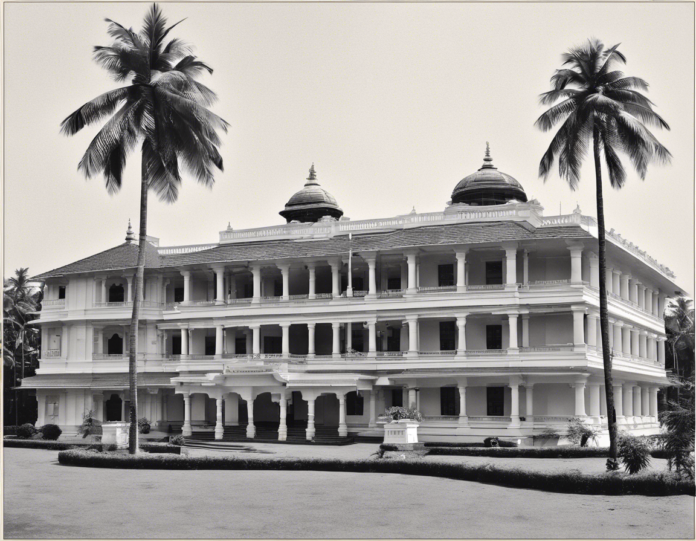Kerala, also known as Keralam, is a state in the southern part of India, often referred to as “God’s Own Country” due to its natural beauty and rich cultural heritage. The Kerala Legislative Assembly, located in Thiruvananthapuram, is the unicameral legislature of the Indian state of Kerala. The Assembly plays a crucial role in the governance of the state and is where representatives meet to discuss and debate on various issues affecting the state and its people.
History and Significance
The Kerala Legislative Assembly came into existence on November 1, 1956, following the reorganization of the Indian states. The Assembly consists of 140 members, each representing a different constituency in the state. The members are elected by the people of Kerala through a direct vote, with elections being held every five years. The Assembly is presided over by the Speaker, who is elected by the members.
Functioning of the Assembly
The primary function of the Kerala Legislative Assembly is to enact laws and regulations for the state. It also plays a crucial role in overseeing the functioning of the government and holding it accountable. The Assembly meets at regular intervals, and its sessions are open to the public. During these sessions, members discuss and debate on various issues, propose new laws, and scrutinize the government’s policies and actions.
Key Roles and Responsibilities
-
Enacting Laws: The Assembly is responsible for passing laws and regulations on various subjects, including education, healthcare, agriculture, and infrastructure.
-
Budget Approval: One of the significant functions of the Assembly is to approve the state budget presented by the government. Members scrutinize the budget in detail and make recommendations for modifications if needed.
-
Question Hour: During the Assembly sessions, members have the opportunity to ask questions to the government regarding its policies and actions. This helps ensure transparency and accountability.
-
Debates and Discussions: The Assembly is a forum for members to engage in debates and discussions on issues of public importance. It provides a platform for expressing diverse opinions and viewpoints.
Assembly Building
The Kerala Legislative Assembly is housed in a magnificent building in Thiruvananthapuram, which is a blend of traditional Kerala architecture and modern design. The building is a symbol of the state’s rich cultural heritage and serves as a reminder of its democratic values. The Assembly hall is equipped with modern facilities and technology to facilitate smooth functioning and communication during sessions.
Challenges and Opportunities
Like any other legislative body, the Kerala Assembly faces its own set of challenges and opportunities. Some of the challenges include political infighting, disruptions during sessions, and delays in passing important legislation. However, the Assembly also presents opportunities for collaboration, consensus-building, and bringing about positive change for the people of Kerala.
FAQs (Frequently Asked Questions)
1. How is the Speaker of the Kerala Legislative Assembly elected?
The Speaker of the Kerala Legislative Assembly is elected by the members of the Assembly through a voting process. The Speaker is usually a senior member who is impartial and responsible for maintaining order during sessions.
2. What is the significance of the Question Hour in the Assembly?
The Question Hour in the Assembly allows members to seek clarification from the government on its policies and actions. It promotes transparency and accountability in governance.
3. How often does the Kerala Legislative Assembly meet for sessions?
The Kerala Legislative Assembly meets for sessions at regular intervals, usually a few times a year. The duration of the sessions can vary depending on the agenda and issues to be discussed.
4. Can the public attend the sessions of the Kerala Assembly?
Yes, the sessions of the Kerala Legislative Assembly are open to the public. Visitors can witness the proceedings from the visitors’ gallery, subject to certain restrictions and guidelines.
5. What happens if there is a deadlock or disagreement among members during a debate in the Assembly?
In case of a deadlock or disagreement among members during a debate, the Speaker plays a crucial role in maintaining order and facilitating a resolution. The Speaker may use parliamentary procedures to ensure a fair and constructive discussion.

